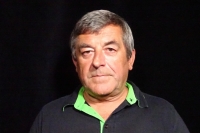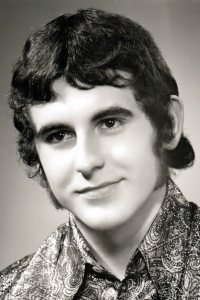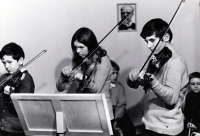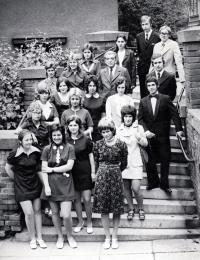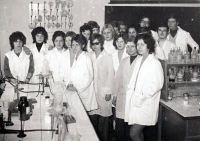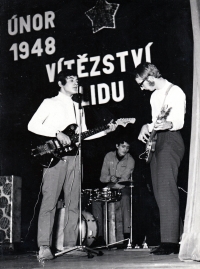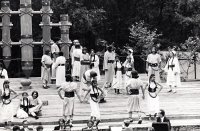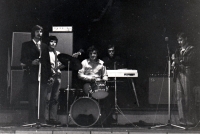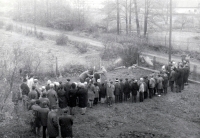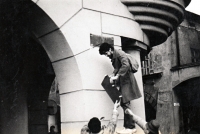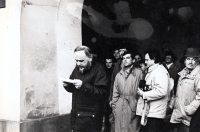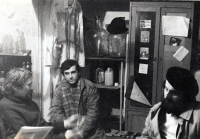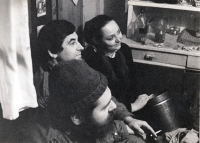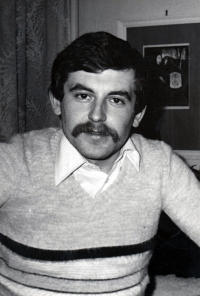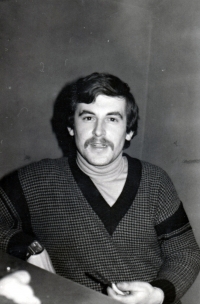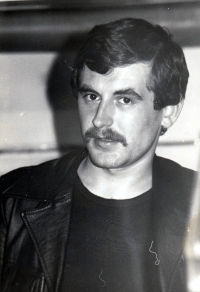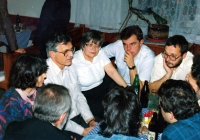I would like to believe that things are going in the right direction as I had believed so in November 1989

Download image
Pavel Bártek was born on August 11th of 1954 in Nový Jičín. Both his parents were teachers. His father was a headmaster at a public school in Žilina near Nový Jičín. In 1970 the father was expelled from the communist pary and was forced to step down as the director. Pavel studied music and Czech language at University of Ostrava´s Faculty of Education. During his one-year mandatory military service he performed as a singer in the Vít Nejedlý Military Ensemble. In the late 70s and the early 80s he was the director of M-Club, Nový Jičín´s community centre, where so-called gray zone artists/musicians, who often saw their performances banned, could play. Between 1982 and 1988 he was a singer of the Ostrava State Theatre´s opera ensemble. In early November of 1989 he was appointed the director of J-Club in Nový Jičín where on November 25th 1989 the local Civic Forum Committee had been established. He was working closely with the coordination committee both on the city and the county level. Since 1991 he is the director of the Beskidské Theatre. He is a Green Party member and serves as a councilman in Nový Jičín´s city council.
